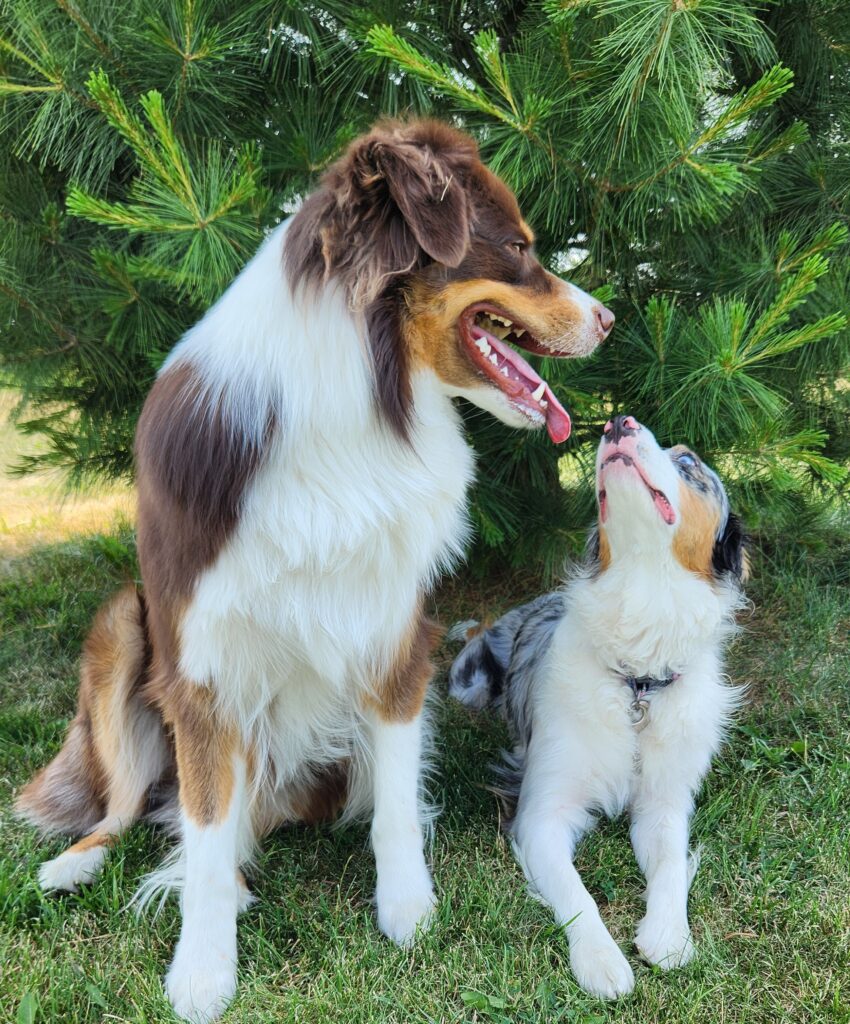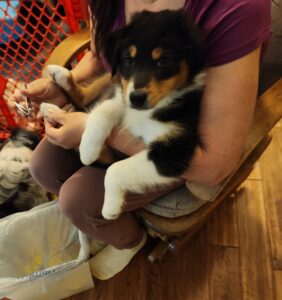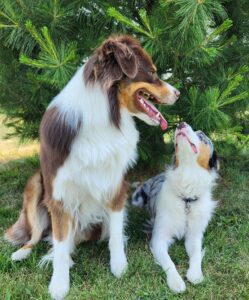Dogs hold a special place in our lives, offering companionship, loyalty, and endless love. But do dogs love us back? For years, scientists and animal behaviorists have delved into this question, seeking to understand the depth of the bond between humans and dogs. While the answer may vary depending on one’s perspective, recent research sheds light on the fascinating ways in which dogs express affection and form emotional connections with their human companions. In this article, we explore various studies and findings that delve into the complex world of canine emotions, offering insights into the age-old question: Do dogs love us?
Exploring Canine Love: Unraveling the Mystery
For years, humans have pondered whether their beloved canine companions possess the capacity to reciprocate the deep affection showered upon them. Researchers have delved into this question, examining various facets of canine behavior and physiology to shed light on the matter.
Genetic Affection: The Canine Connection
In a study comparing wolf pups and dog pups’ responses to humans, researchers found that dog puppies exhibited a stronger attraction to humans, demonstrating heightened social skills and making more eye contact compared to their wolf counterparts. Another investigation highlighted dogs’ unique ability to establish eye contact with humans, facilitated by a facial muscle developed during domestication, indicating a deep-seated desire for human interaction and communication.
Neurological Insights: A Window into Canine Emotions
Animal cognition scientists, recognizing dogs’ reliance on their keen sense of smell, conducted a study to explore how dogs’ brains respond to various scents. They trained dogs to remain still in MRI machines while exposing them to different odors, including those of familiar and unfamiliar individuals. When dogs smelled their owners’ scent, their brain’s reward center, the caudate nucleus, became active, suggesting the significance of human connections in dogs’ lives, according to researchers.
The Role of Oxytocin: Love Hormone in Action
Oxytocin, often called the “love hormone,” plays a role in human-animal interactions. Scientists explored how oxytocin affects dogs’ social behavior with humans and other dogs. They discovered that oxytocin promotes dogs’ desire to engage socially with both their human companions and fellow canines. In Sweden, researchers observed similar oxytocin responses in dogs and their owners during interactions, such as petting. They concluded that these interactions fostered mutual understanding and trust between dogs and humans, reducing stress and promoting positive social interactions.
Embracing Canine Love: A Personal Perspective
Clive Wynne, a psychologist and founder of the Canine Science Collaboratory at Arizona State University, wrote a book called “Dog Is Love: Why and How Your Dog Loves You.” In an interview with The Washington Post, he discussed his dog Xephos and the bond they share. While acknowledging that dogs have basic needs like food, Wynne believes that their connection with humans goes beyond mere survival instincts. He suggests that dogs form emotional bonds similar to those between people, indicating that it’s reasonable to use the term “love” to describe their feelings. Ultimately, whether your dog offers genuine love is evident in the joy and companionship they bring to your life. As author Carolyn Knapp expressed in her book “Pack of Two,” living with a dog enriches life in ways that are difficult to imagine before experiencing it firsthand.
Conclusion
In the end, the question of do dogs love us may remain open to interpretation. Yet, for countless dog owners, the answer lies not in scientific studies or research findings, but in the everyday moments shared with their beloved pets. From wagging tails and soulful gazes to unwavering loyalty and boundless affection, dogs continually demonstrate their capacity for love and companionship. As we revel in the joy and warmth that our furry companions bring into our lives, perhaps the true essence of their love lies not in scientific analysis, but in the simple joy of sharing our lives with these extraordinary creatures.








